What Does The Safe Harbor Deadline Mean in Wisconsin?
The safe harbor deadline is set by federal law and all lawsuits related to election results must be done six days before state electors cast their votes for president on Dec. 14.
By Zac Schultz | Here & Now
December 8, 2020

Election observers, right, look on and ask questions through plexiglass screens as officials at the Dane County recount sort through ballots by hand at the Monona Terrace in Madison, Wis., on Nov. 21, 2020. Donald Trump’s campaign is paying for a recount of votes in Dane and Milwaukee counties in an effort to identify ballots to challenge the election. (Courtesy: Will Cioci / Wisconsin Watch)
Tuesday is considered the “safe harbor day,” which means the presidential election results certified by the Dec. 8 deadline in each state are considered final. However, it’s unclear what that means in Wisconsin multiple lawsuits are still pending that are attempting to overturn the results of the Nov. 3 election.
The safe harbor deadline is set by federal law and all lawsuits related to election results must be done six days before state electors cast their votes for president on Dec. 14. Remember, voters don’t elect the president. Under the Electoral College system, voters in each state are really casting their ballot for a slate of electors, who in turn will cast their state’s electoral votes for their chosen candidate.
President-elect Joe Biden won Wisconsin and its 10 electoral votes. The Wisconsin Elections Commission has certified the results of the vote, and Gov. Tony Evers has signed that certification. No judge has overturned that certification, although President Donald Trump’s campaign and other Republicans are asking judges to do so.
The Wisconsin Supreme Court has rejected hearing three such lawsuits, although one of those was refiled in circuit court and has hearings scheduled for the end of this week. Two lawsuits are pending in federal court and the Texas attorney general also filed a federal lawsuit Tuesday seeking to overturn Wisconsin’s election results.
Similar lawsuits by Trump and Republicans have failed multiple times in other states. The Trump campaign has been unable to provide any evidence of voter fraud and judges have called the lawsuits “bizarre.”
It’s unclear what would happen if a court sided with the Trump campaign and overturned the results of Wisconsin’s elections. The lawsuits have requested the Republican majority that controls the Legislature be allowed to select the state’s 10 electors, presuming they would pick those who would vote for Trump.
However, Republican Assembly Majority Leader Jim Steineke has said that would not happen. And if such a decision came after the safe harbor deadline, it’s likely that decision would be challenged as well.
Even without Wisconsin Joe Biden has received 306 electoral votes, well over the 270 needed to become President.
Trump’s campaign issued a statement on the safe harbor deadline, quoting from Justice Ruth Bader Ginsberg’s dissent in the 2000 Supreme Court decision Bush v. Gore.
“Justice Ginsburg recognized in Bush v. Gore that the date of ‘ultimate significance’ is January 6, when Congress counts and certifies the votes of the Electoral College. The only fixed day in the U.S. Constitution is the inauguration of the President on January 20 at noon,” the Trump statement said.
 Passport
Passport




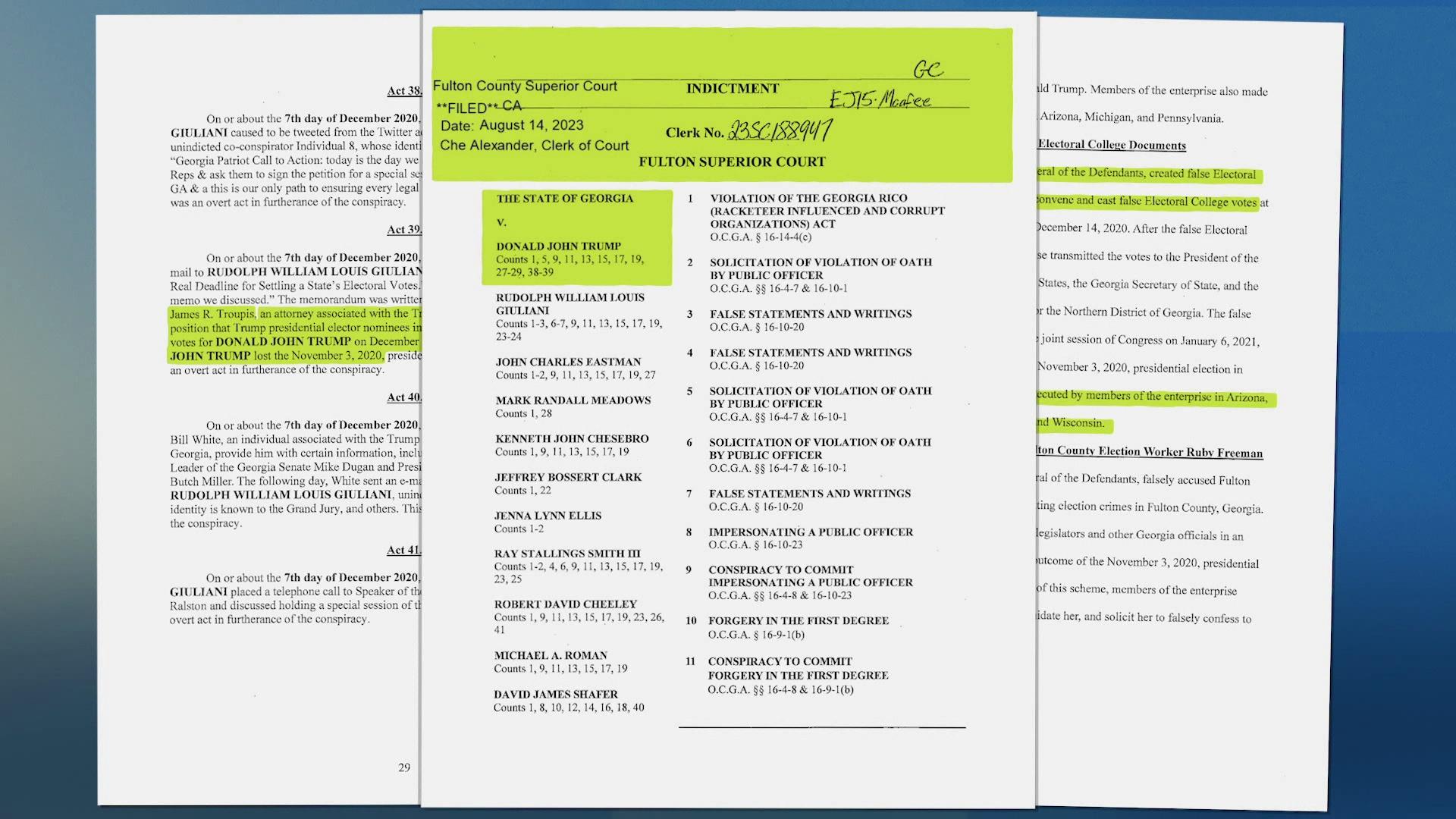
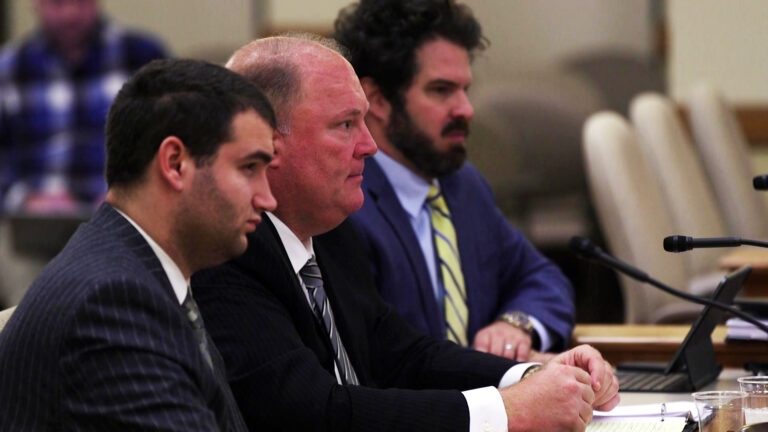
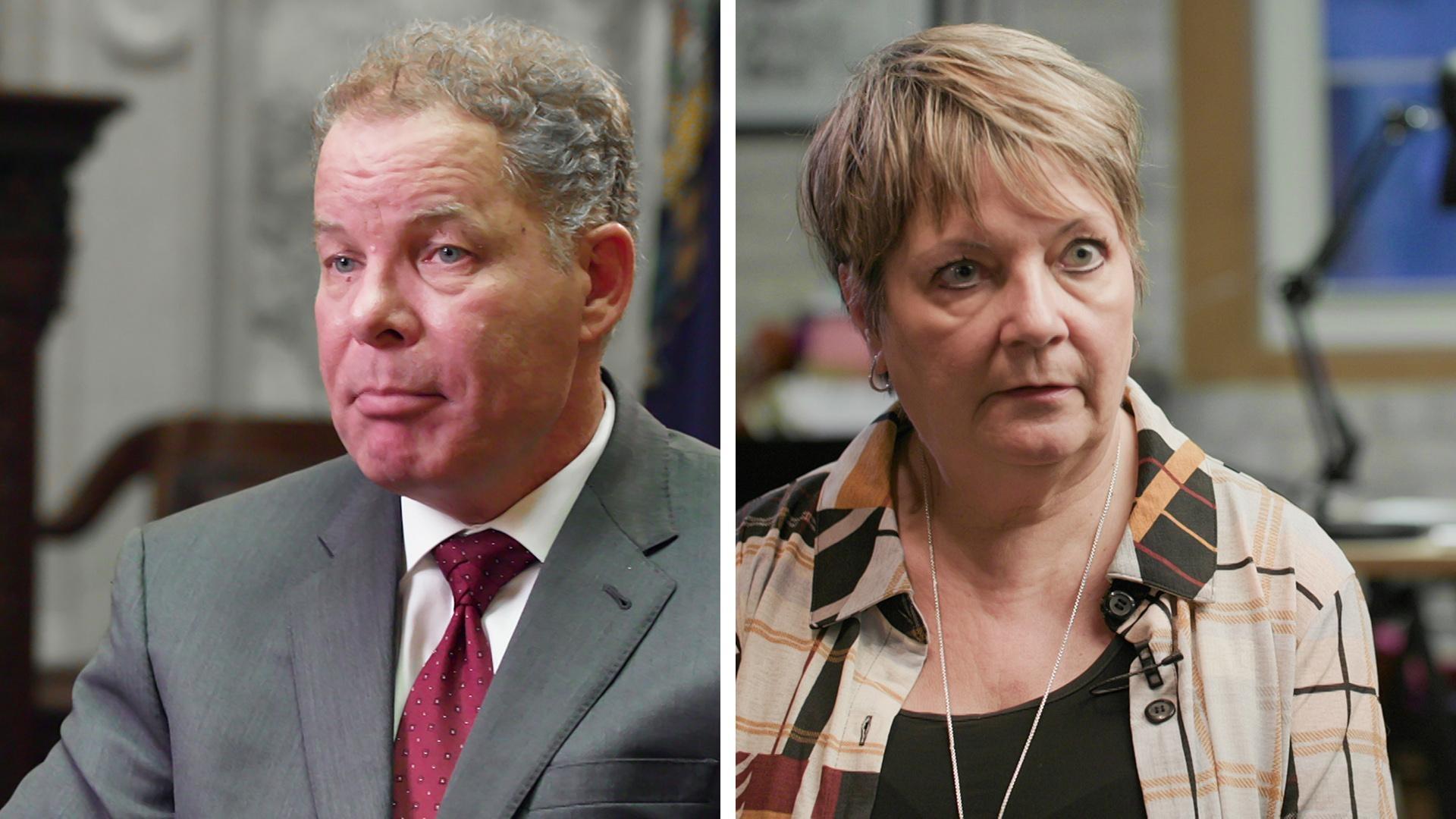
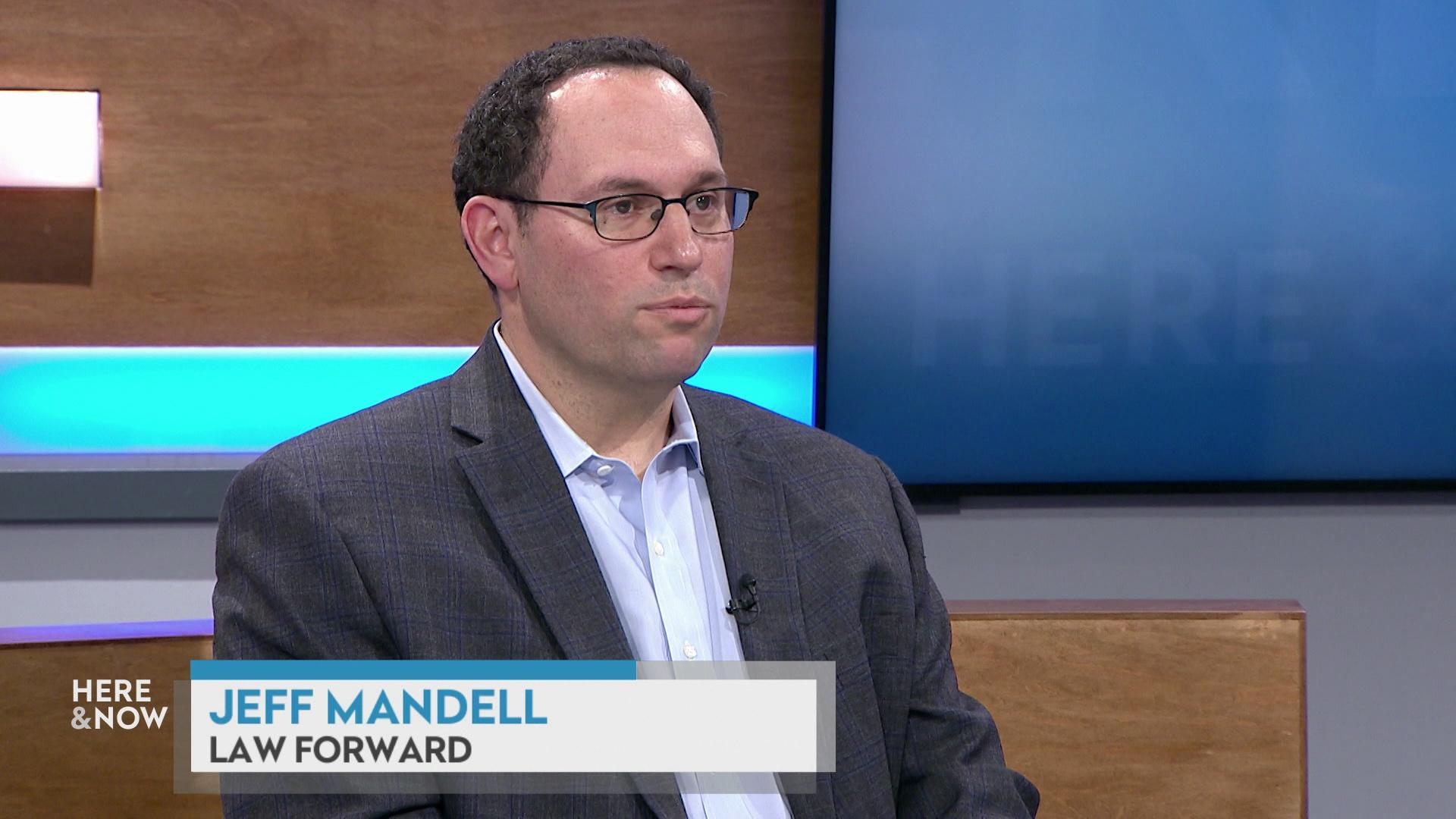

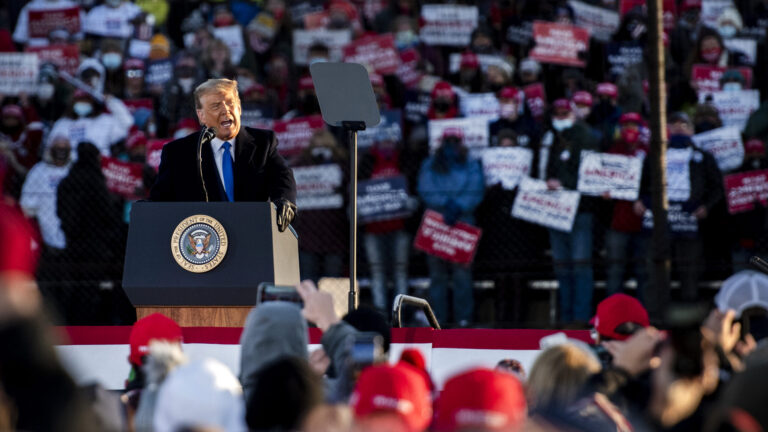

Follow Us